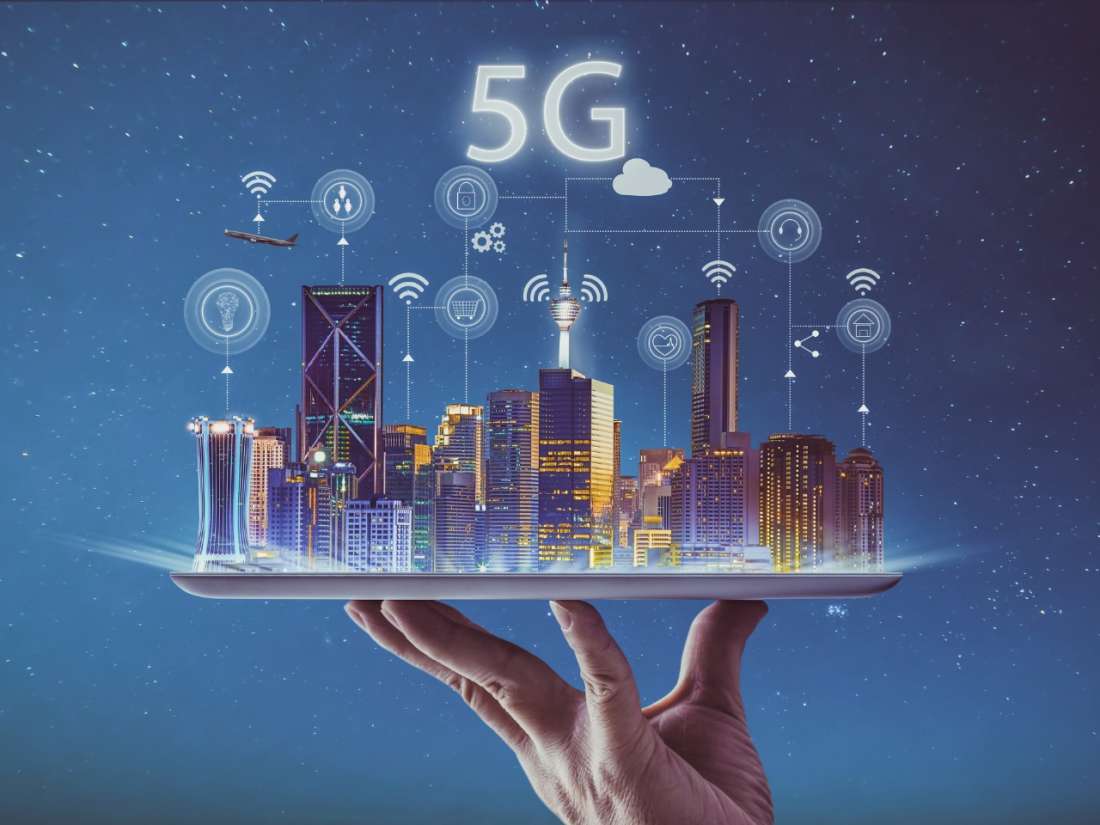5G, the latest mobile connection technology, is slowly rolling out across the UK. EE, the largest mobile operator in the UK, has recently announced that 5G connectivity has rolled out to another 14 cities, bringing the total to 45.
5G offers connection speeds that are even faster than most home broadband in the UK – up to 410Mbps. This means that you will be able to stream HD movies, download large files and use your smartphone to do virtually everything a full-size computer is capable of.
But with these kinds of benefits available, why is 5G rollout taking so long?
Low demand
We’d all love faster phones, but in many cases the technology simply isn’t there. The number of smartphone handsets that can actually use 5G remains quite small – none of Apple’s iPhone line-up support it all.
This creates a chicken and egg situation. Without 5G handsets, mobile operators like EE don’t have any incentive to rush through the network upgrade. But without the upgraded network, handset manufacturers like Apple and Samsung won’t rush to release 5G phones.
Eventually 5G handsets will become more common, but until then 5G network rollout will continue to be quite slow in the UK.
Cost
New mobile networks are very expensive to build. If demand for 5G doesn’t exist (see above), mobile operators will find it very hard to recover their costs quickly.
As 5G technology becomes more common, the cost of adding to the mobile network should fall.
Infrastructure challenges
5G networks use a different type of antenna to provide mobile signals. As well as delivering much faster connection speeds they are also a lot smaller.
The speed boost comes with problems however – the signal range for a 5G antenna is much shorter than for current 3G and 4G technologies. The further you are from an antenna, the slower your connection will be – or the quicker you reach a blackspot, an area with no coverage at all.
To maintain high speed mobile coverage, more antennas need to be installed more closely together. This increases the cost of network upgrades and creates problems because many people refuse to allow mobile phone masts to be installed near their homes.
It’s a slow road to faster mobile networks
All these factors combine to slow down the speed at which the UK’s mobile network is upgraded. But this is nothing new – the upgrade to 3G and 4G started slowly too, although both are now commonplace.
Over the coming months and years 5G connectivity will improve, starting with cities and busy roads because this is where the most people will benefit. Small towns will follow later as the technology matures.
Because of the relatively short coverage capabilities of antennas, there will be places in the countryside where 5G is never made available. In these areas, smartphone users will have to rely on older 3G and 4G connections.
Superfast 5G is coming to the whole UK – it just may take a little longer than expected.
